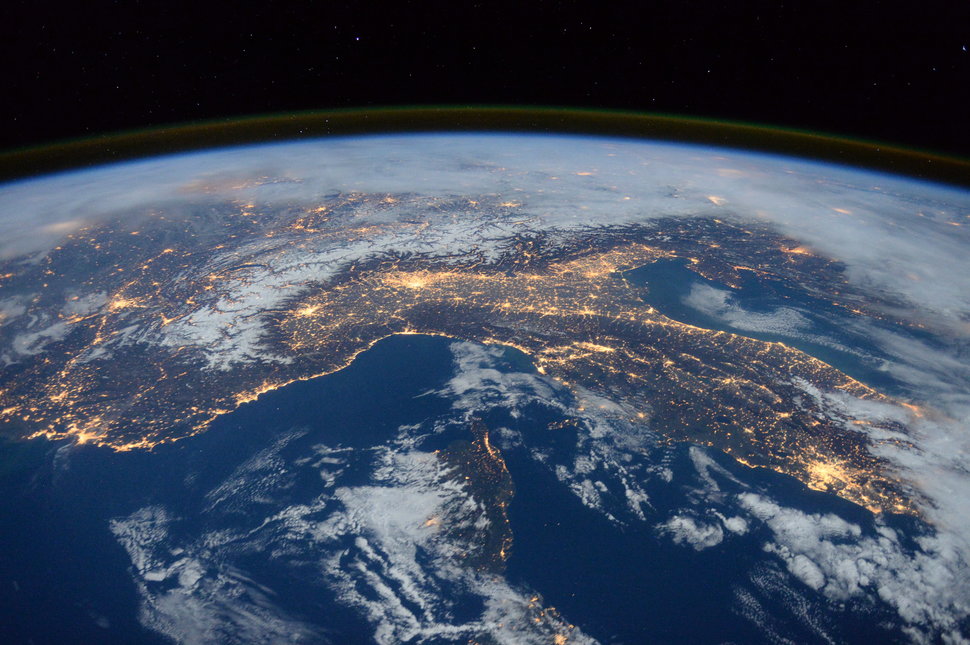By Kelly Thomas

The world has already begun to witness the likely effects of climate change on hurricanes — stronger, slower storms that intensify more rapidly and produce greater rainfall.
New research suggests this destruction could cover even more ground.
Warming oceans are creating hurricanes that take longer to weaken over land, according to a study published Wednesday in Nature by researchers at the Okinawa Institute of Science and Technology Graduate University. As a result, they say “the destructive power of hurricanes will extend progressively farther inland.”
Hurricanes typically weaken as they make landfall and separate from the oceanic moisture that fuels their growth — a process that has historically buffered non-coastal areas from the worst of hurricane-related hazards like severe wind and rainfall.
However, storms are now starting to retain their strength even when cut off from their source of power.
By studying North Atlantic hurricanes from 1967 to 2018, researchers Lin Li and Pinaki Chakraborty found that hurricane intensity one day after landfall today is double what it was 50 years ago.
They also concluded that increased ocean surface temperatures will provide storms with a larger supply of moisture to draw from as they continue travelling across land, ultimately increasing their capacity for destruction.
The study notes two other factors that may slow the rate at which hurricanes weaken — shifts in storm speed and paths.
Translation speed — the speed at which hurricanes travel — is decreasing as the planet warms, resulting in more intense storms.
Global warming has also moved the tracks of North Atlantic hurricanes eastward, another trend that is correlated with greater intensity.
The researchers point to their findings as justification for an increase in hurricane-related economic losses in recent years as well as a call for non-coastal areas to increase their hurricane preparation as the planet continues to warm.
